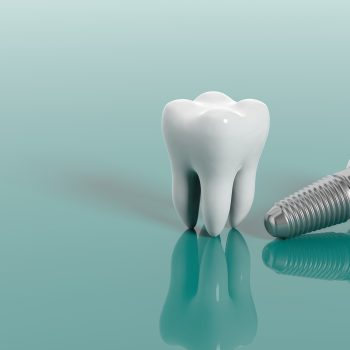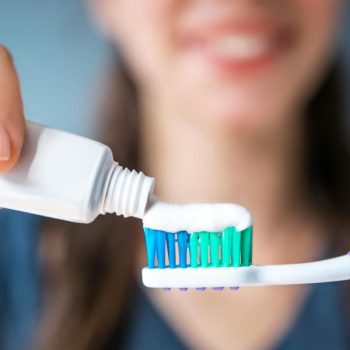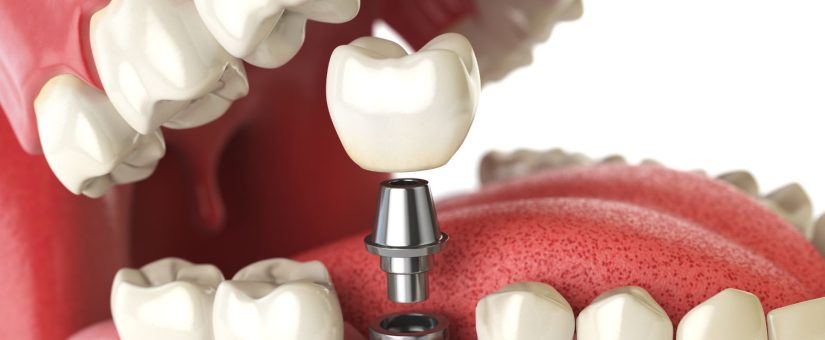
The Reliability of Dental Implants
- On 27 June, 2024
The Reliability of Dental Implants. A debate over
Many of us face tooth loss due to various reasons such as cavities, periodontal disease or trauma. In these cases, dental implants are presented as an effective and long-lasting solution. But how reliable are these implants really? Let’s explore this question in a simple and clear way.
What are dental implants?
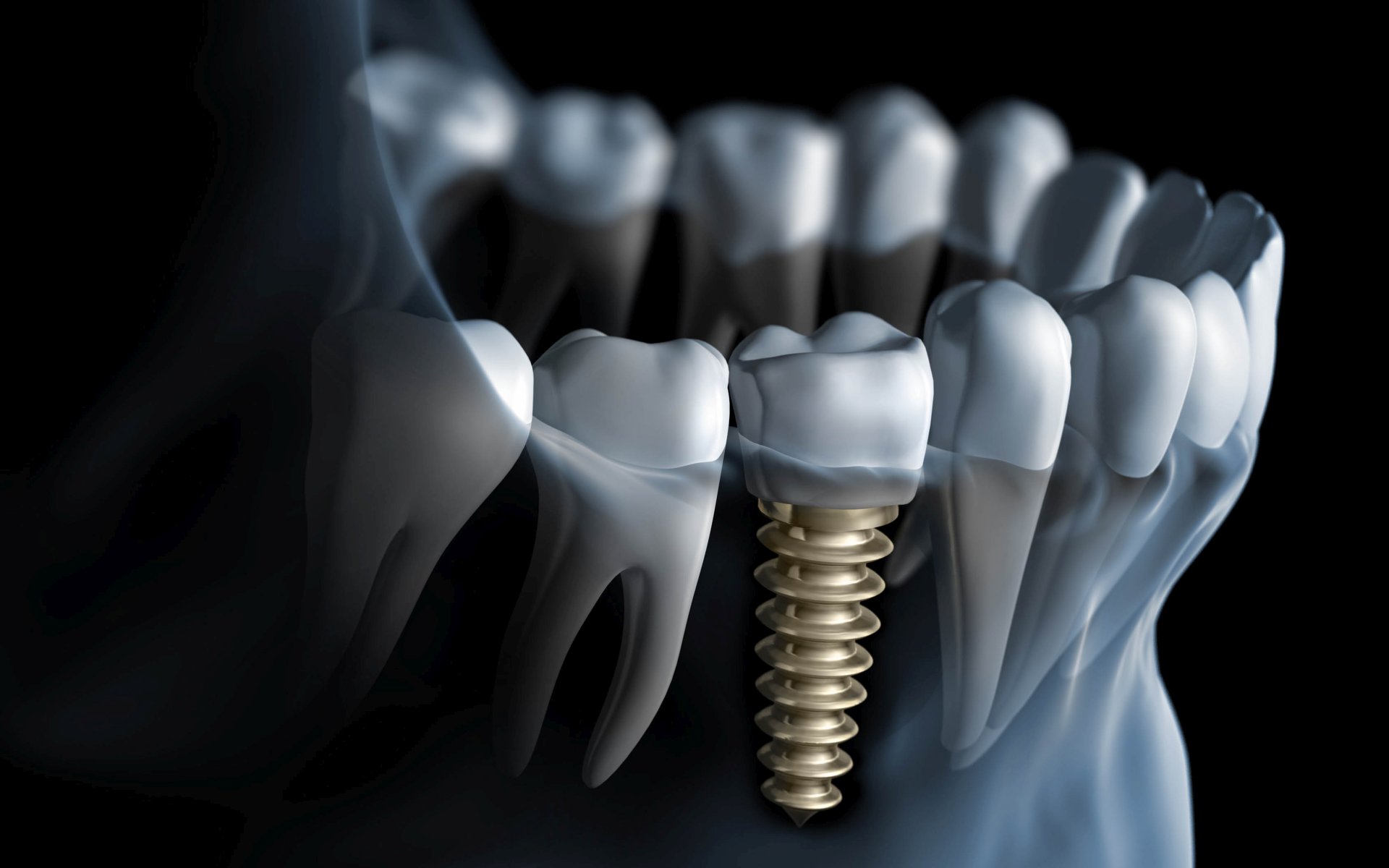
First, it is important to understand what a dental implant is. A dental implant is a small screw, generally titanium, which is inserted into the bone of the jaw or maxilla to replace the root of a lost tooth. Once the implant has integrated with the bone (a process called osseointegration), a screw-retained dental crown, which is the visible part of the tooth, is placed over it. This procedure allows one or more teeth to be replaced without damaging the adjacent teeth.
Why Are Dental Implants Reliable?
- High Success Rate: Dental implants have a success rate of between 95% and 98%, according to various studies. This means that the vast majority of patients experience positive, long-lasting results.
- High Quality Materials: The implants are made of titanium, a biocompatible material that is well accepted by the human body. This metal does not cause adverse reactions and integrates effectively with the bone, providing a solid base for the artificial tooth.
- Durability: With proper care, dental implants can last a lifetime. This makes them a much longer-lasting solution compared to other tooth replacement options, such as bridges or dentures, which may need to be replaced every 5 to 10 years.
The Implant Placement Process
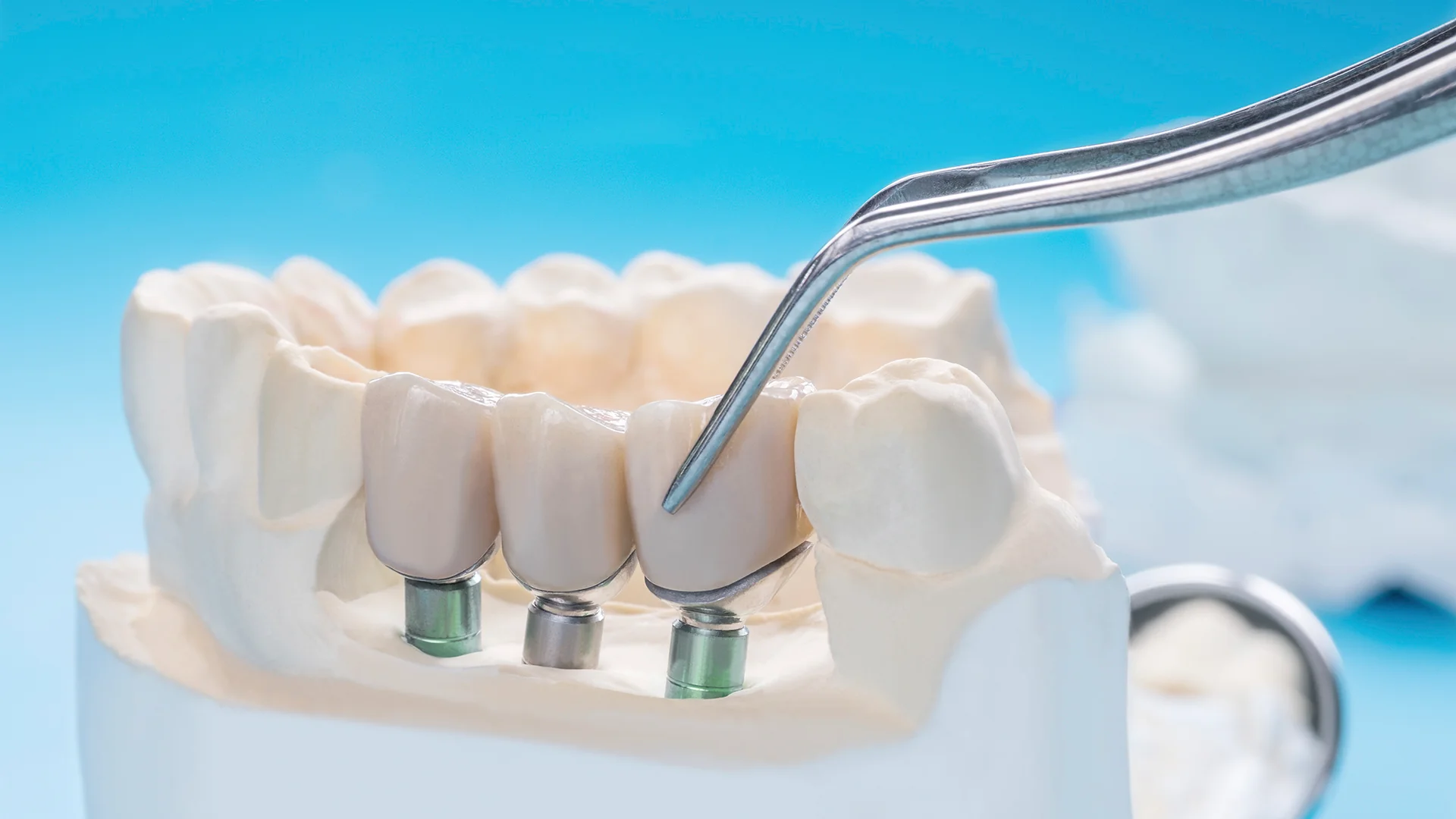
The placement of a dental implant is a procedure that is carried out in several stages:
- Initial Evaluation: The dentist will evaluate your dental and general health, perform x-rays and sometimes CT scans to plan implant placement. This is a key point in the placement of the future implant, since the quality and quantity of bone directly influences its duration.
- Implant Insertion: During minor surgery in the normal setting of the dental office, the dentist will insert the implant into the bone. This procedure is performed under local anesthesia and is completely painless.
- Healing and Osseointegration: After surgery, the implant needs time to integrate with the bone, which can take 3 to 6 months. During this period, a temporary prosthesis can be used.
- Crown Placement: Once the implant has been fully integrated, a custom crown is placed over it, completing the process.
Care and Maintenance
The long-term success of a dental implant depends largely on the good dental care we provide both at home and in the office. You have to think that an implant reacts like a tooth, if we do not take care of it we will be more likely to lose it. Here are some tips to keep your implants in excellent condition:
– Oral Hygiene: Brush your teeth at least twice a day and floss daily to prevent plaque buildup and avoid gum disease.
– Regular Dentist Visits: Perform regular dental checkups and professional cleanings to ensure your implant and natural teeth stay healthy.
– Healthy Lifestyle: Avoid smoking and limit alcohol consumption, as these habits can negatively affect healing and oral health in general.
Considerations and Risks
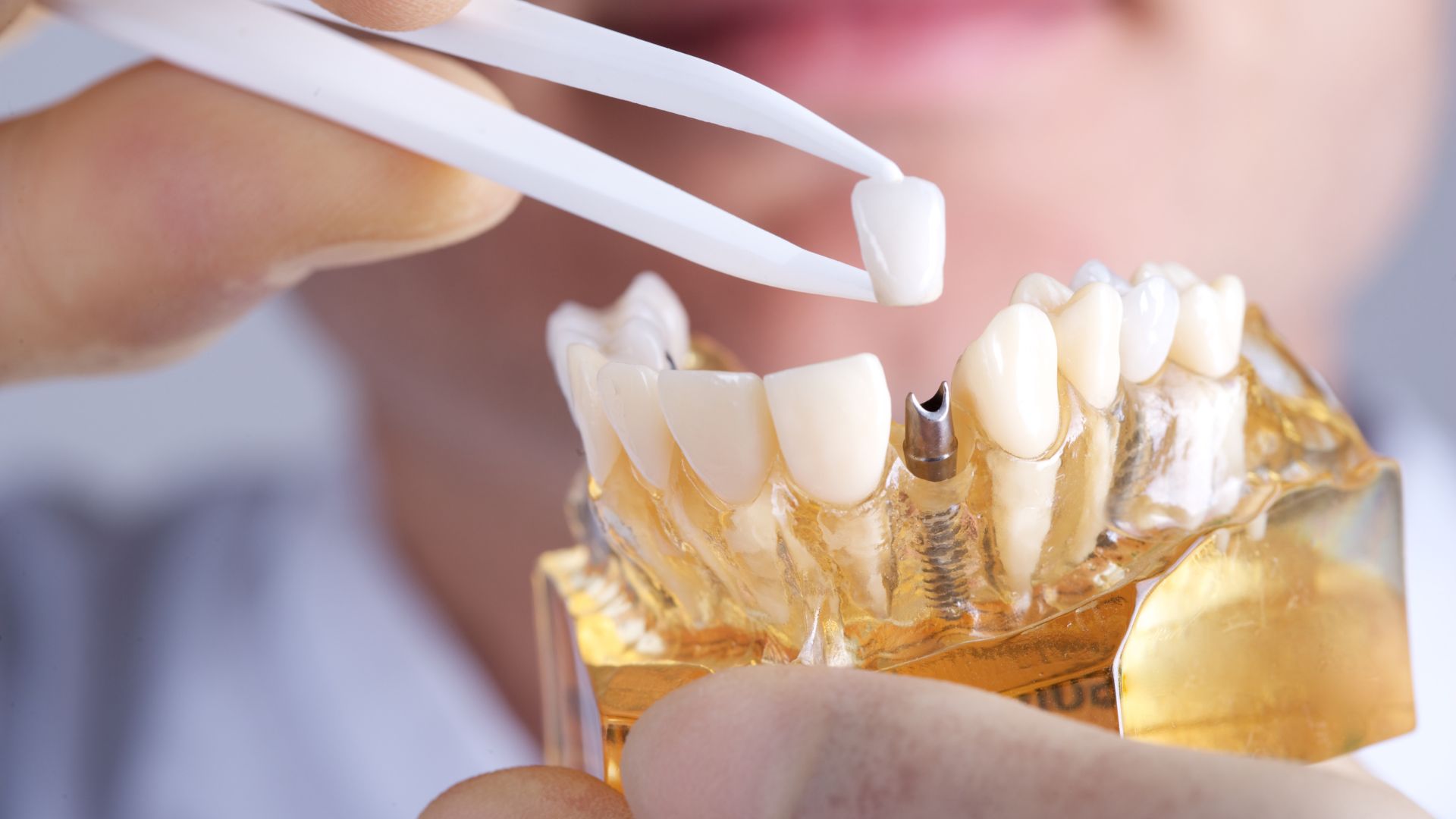
Considerations and Risks
Although dental implants are generally safe and effective, like any medical procedure, they are not without risks. Some possible problems include infections, damage to the nerves or maxillary sinus, and lack of integration of the implant with bone. It is crucial to select an experienced dentist and follow all post-operative instructions to minimize these risks.
Conclusions
- Dental implants are a reliable and long-lasting solution for replacing missing teeth. They offer a high success rate, are biocompatible and, with proper care, can last a lifetime.
- If you are considering this option, consult with the implantology specialist at Rossell Carol, Dr Pablo Altuna to evaluate your particular case and receive the best possible treatment. With modern technology and advanced techniques, restoring a full, healthy smile is more accessible and safer than ever.

